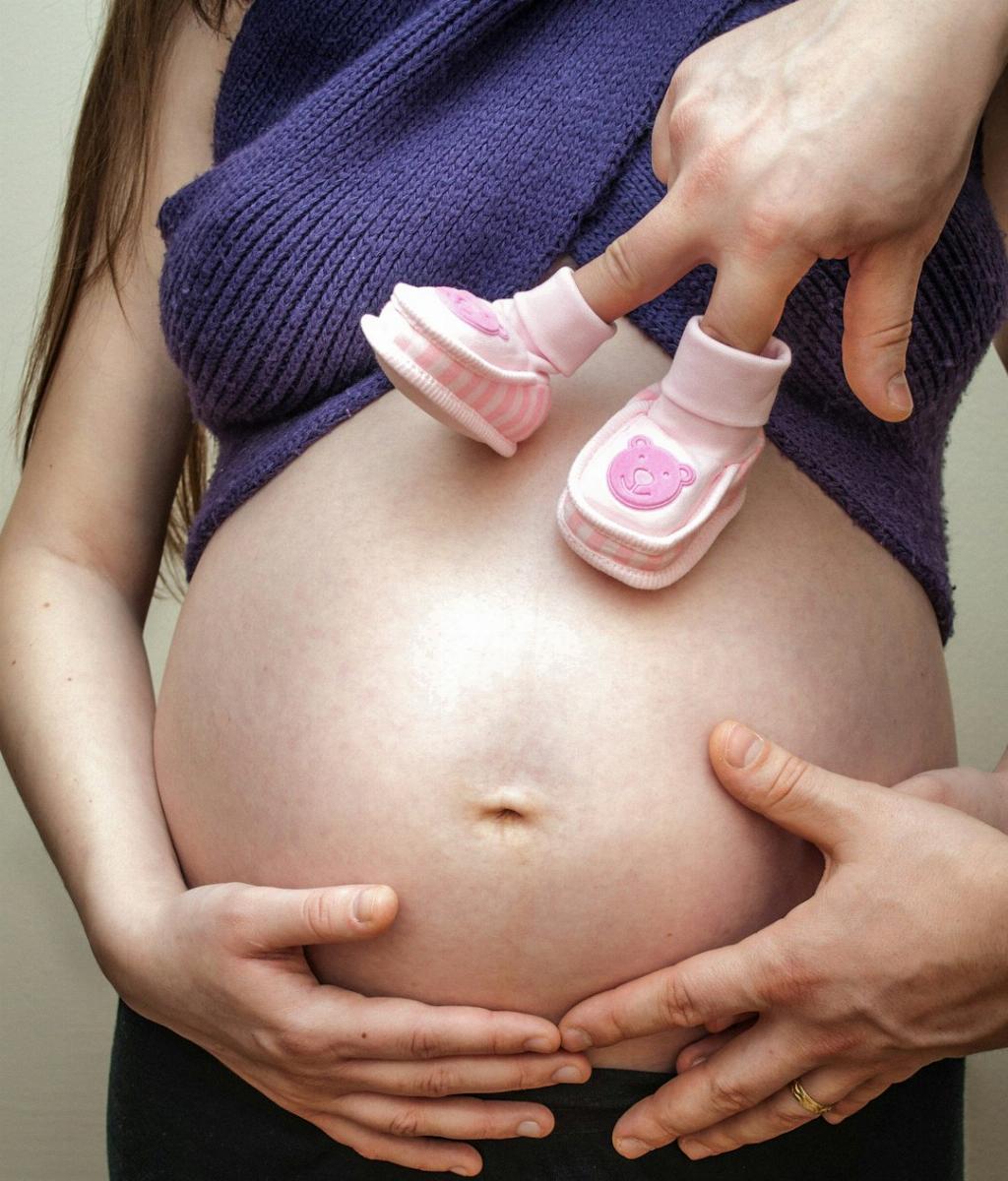When it comes to ectopic pregnancy, it’s crucial to be aware of the early signs and symptoms that may indicate a potential issue. One of the most challenging aspects of diagnosing an ectopic pregnancy is that the symptoms can mimic those of a normal early pregnancy. This similarity can lead to delays in diagnosis and treatment, underscoring the importance of understanding the warning signs.
Missed Periods and Breast Tenderness
Individuals experiencing an ectopic pregnancy may initially notice missed periods, a common early sign of pregnancy. This can be accompanied by breast tenderness, which can further contribute to the confusion with a typical pregnancy. However, in the case of an ectopic pregnancy, these symptoms may escalate or present differently as the condition progresses.
Nausea, Vomiting, and Fatigue
Early on, individuals with an ectopic pregnancy may also experience symptoms such as nausea, vomiting, and fatigue. While these are common in many pregnancies, the persistence or severity of these symptoms in the context of an ectopic pregnancy can serve as a red flag for further evaluation.
Frequent Urination and Abdominal Pain
Another early symptom to be mindful of is frequent urination. This can be accompanied by abdominal pain, which is often one of the first warning signs of an ectopic pregnancy. The pain may be sharp, stabbing, or cramp-like and can vary in intensity depending on the individual.
Vaginal Bleeding and Shoulder Pain
In some cases, vaginal bleeding may occur, which can be a significant indicator of an ectopic pregnancy. Additionally, shoulder pain can manifest as a result of internal bleeding from a ruptured ectopic pregnancy. These symptoms should not be ignored and warrant immediate medical attention.
Unilateral Pelvic Pain and Dizziness
Unilateral pelvic pain, specifically on one side of the abdomen, is another potential early symptom of an ectopic pregnancy. This pain may radiate to the shoulder or neck and can be accompanied by dizziness or fainting. Understanding the constellation of symptoms is crucial in identifying the condition promptly.
Diagnosis and Treatment
Due to the similarities with typical pregnancy symptoms, diagnosing an ectopic pregnancy early is challenging. It often requires a combination of clinical evaluation, imaging studies, and blood tests to confirm the diagnosis. Early detection is key to prevent complications and ensure appropriate treatment, which may involve medication or surgery.
Seeking Medical Attention
If you experience any concerning symptoms or are unsure about your pregnancy’s progression, it is essential to seek medical advice promptly. Speaking with a healthcare provider can help determine the cause of your symptoms and ensure that you receive the necessary care and support.
Emotional Impact
Dealing with the diagnosis of an ectopic pregnancy can be emotionally challenging. It is important to prioritize self-care, seek support from loved ones, and consider counseling if needed. Remember, you are not alone in this journey, and there are resources available to assist you through this difficult time.
Conclusion
In conclusion, understanding the early symptoms of an ectopic pregnancy is crucial for timely diagnosis and intervention. By being aware of the warning signs and seeking prompt medical attention, individuals can receive the necessary care to address this potentially serious condition. Remember to listen to your body, trust your instincts, and prioritize your health and well-being.

